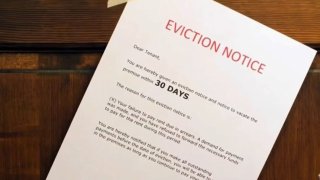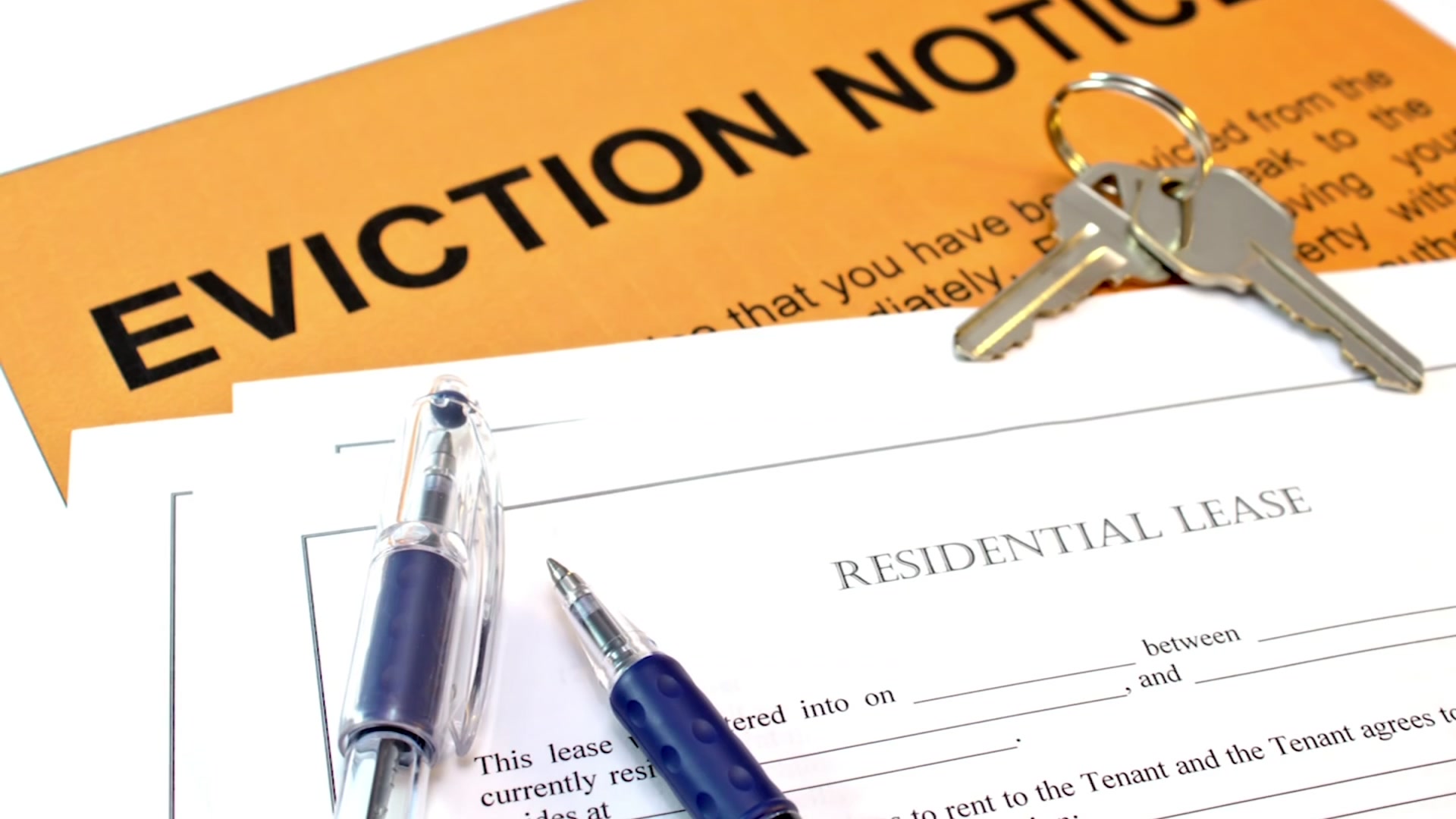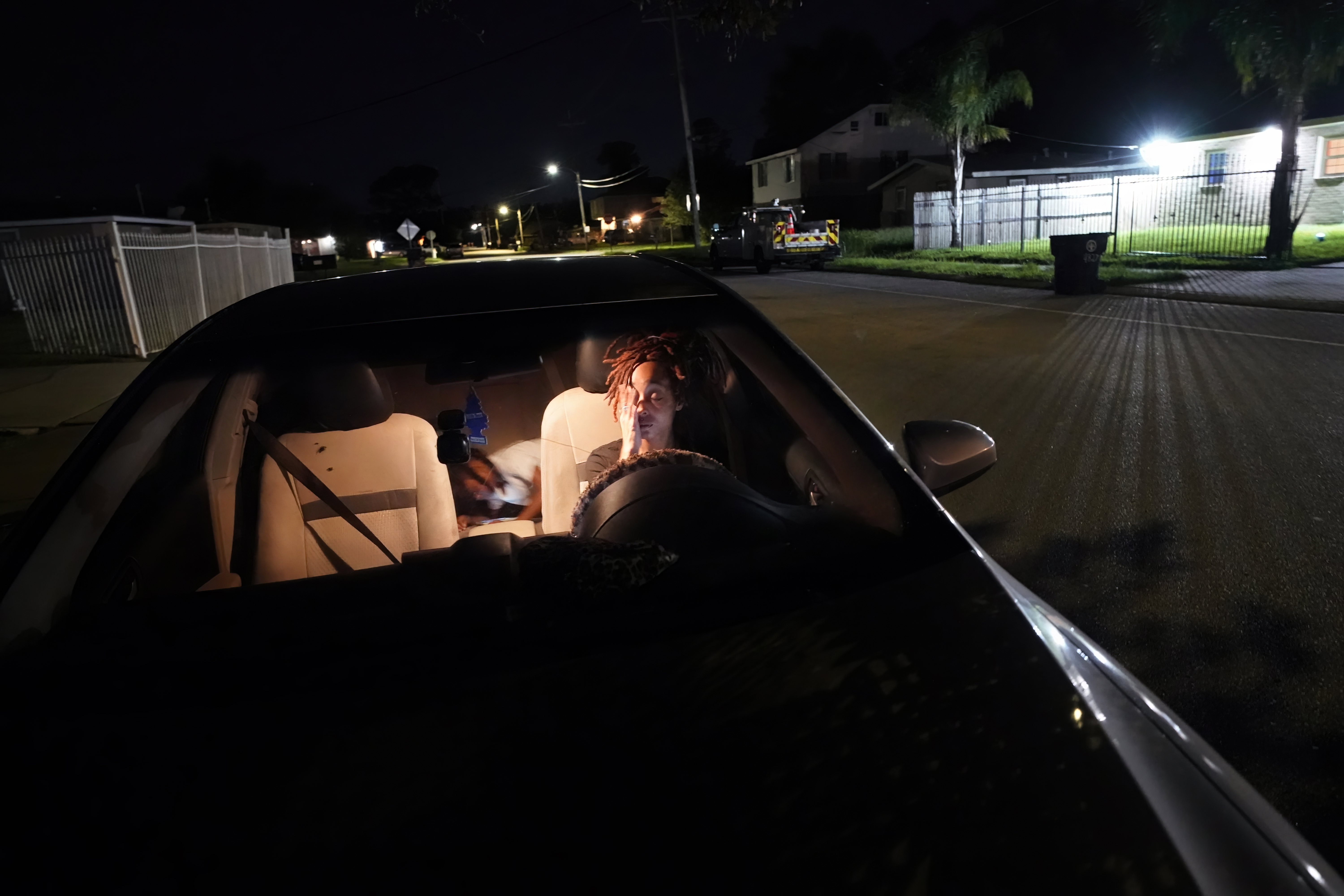
A council committee recommended Wednesday that Los Angeles' eviction protections due to COVID-19 hardship end on Jan. 31, setting a potential end date for the moratorium established at the beginning of the pandemic to come before the full council.
The council's Ad Hoc Committee on COVID-19 Recovery and Neighborhood Investment voted 4-0 to sunset protections for tenants unable to pay rent due to COVID-19 financial impact. The committee's recommendation follows the council's Housing Committee discussion earlier this month, in which it approved an amendment to the Los Angeles Housing Department's report that would extend eviction protections beyond LAHD's Dec. 31 recommendation.
"We consider our moratorium to be one of the strongest tenant protections in the country, and we've kept these protections in place for longer than almost any other municipality in the state,'' Council President Nury Martinez said. "We must put in place long-term protections for our tenants while still preserving the economic well-being of our small mom-and-pop landlords.''
Get top local stories in Southern California delivered to you every morning. >Sign up for NBC LA's News Headlines newsletter.
The committee approved the recommendations from the housing department, with amendments by Martinez, who also chairs the committee. The recommendations included relocation assistance for all evictions deemed no-fault evictions and protections against no-fault evictions for unauthorized pets for an additional year.
The committee was composed Wednesday of Martinez, Councilmen Gil Cedillo, Mitch O'Farrell and Marqueece Harris-Dawson. Councilman Curren Price was absent.
If approved by the council, tenants who have missed payments since March 2020 would have to meet two re-payment deadlines. Under state law, they would have until Aug. 1, 2023 to pay back missed rent between March 1, 2020 and
Sept. 30, 2021. Under the city's moratorium, tenants would have until Feb. 1, 2024 to re-pay rent accumulated from Oct. 1, 2021 to Feb. 1, 2023.
Landlords would be able to resume increasing rent on rent-controlled apartments, which account for three-quarters of apartments in Los Angeles, beginning in February 2024.
As in previous meetings discussing the eviction moratorium, the committee heard from a mix of tenants in favor of extending protections and mom-and-pop landlords asking to end the moratorium.
"There is enough on both sides here for people to be unhappy with,'' Cedillo said. "This is probably the best deal that we could put together.''
Cedillo added the challenge that confronts the council is "how do we walk away from this pandemic?''
"It's unknowing. It will be difficult. It will not be precise or exact,'' Cedillo said. "But we have to be as nuanced as we can be, as thoughtful as we can be. It's broad brushed, but we have to pay attention to the corners, the details, because not one size fits all.''
Earlier Wednesday, O'Farrell proposed a $3 million rental aid program for tenants and landlords in the 13th District. O'Farrell's proposal, pending council approval, would provide up to $5,000 per household for renters in his district who make 80% or less of the area median income, or AMI.
"There's a lot of uncertainty right now in relation to eviction protections in Los Angeles,'' O'Farrell said. "This is going to help people stay in their homes while we work through that uncertainty, as the eviction moratorium begins to sunset.''
The state's COVID-19 rent relief program closed its applications on March 31.
Both renters and landlords in the 13th District could apply to O'Farrell's proposed program, which would be run through the city's housing department. Landlords would receive the back rent. O'Farrell said the goal is to help people stay housed, but also assist mom-and-pop landlords who have been burdened.
"We want to maintain the majority of rental properties in Los Angeles being owned by smaller, mom-and-pop landlords, not bigger LLCs and corporations,'' O'Farrell said. "We know that this is their small business, and they have renters. We want to support that ecosystem of the rental housing market.''



